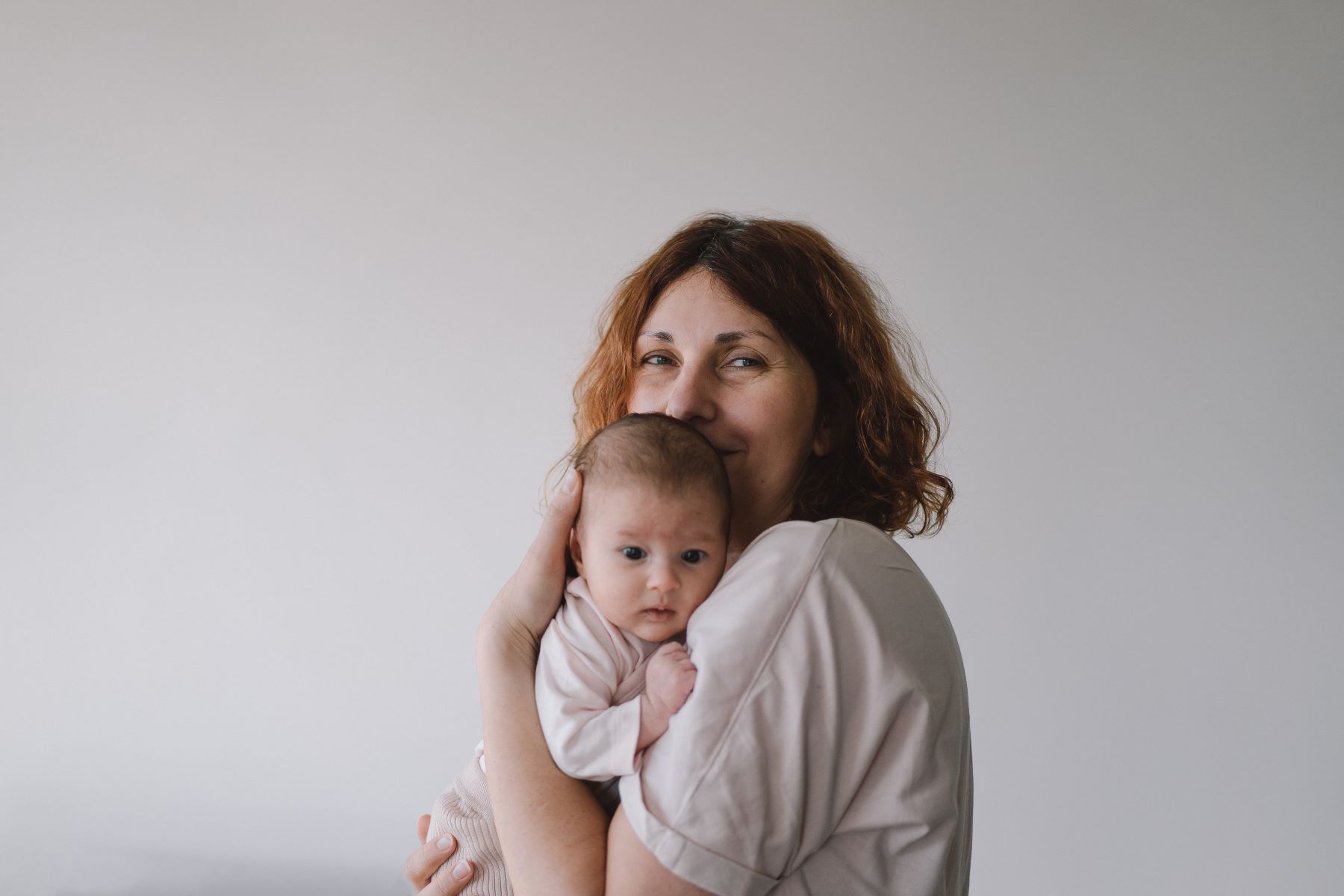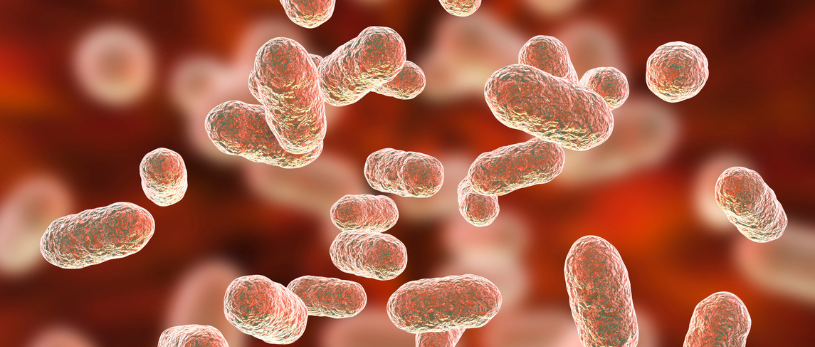On the journey towards seeking motherhood, some challenges may seem insurmountable due to medical circumstances or unique life situations. At these times, egg reception stands out as a promising and effective option in various scenarios. Beyond biological difficulties, this alternative can offer a path to fulfilling the dream of having a family. In this post, we will delve deeper into specific situations where egg reception might be the ideal choice in assisted reproduction treatments.
1. Early Ovarian Failure without Apparent Cause
Early ovarian failure, also known as premature ovarian failure (POF), is a condition where a woman’s ovaries stop functioning properly before the age of 40. Although there is no apparent cause in many cases, this condition can lead to a decrease in the quality and quantity of available eggs. Women facing POF may experience menstrual irregularities and early menopausal symptoms, which often complicate their attempts to conceive naturally.
In these circumstances, egg reception offers a new perspective of hope. Donated eggs, coming from young and healthy donors, can overcome the barriers imposed by POF and provide the opportunity for a successful pregnancy.
2. Low Quality and Quantity of Own Eggs
As women age, especially from the age of 35, the quality and quantity of eggs decrease drastically. This natural process can hinder conception and increase the likelihood of miscarriage or complications during pregnancy. In these situations, egg reception emerges as a hopeful solution. Opting for donor eggs provides the opportunity to overcome biological obstacles and increase the chances of a successful pregnancy, as the age of the receiving woman will not affect success rates (the chances of pregnancy in egg reception are assessed taking into account the age of the donated eggs, which will always come from donors between 18 and 35 years old).
3. Repeated IVF Failure
The experience of repeated failure in In Vitro Fertilization (IVF) treatments can be disheartening and emotionally draining. Even negative IVF results with Preimplantation Genetic Diagnosis (PGD) can make couples feel out of options. However, egg reception emerges as an option that renews hope. Donor eggs can offer a higher probability of success in future IVF attempts, giving couples a new chance to become parents.
4. Women Who Have Undergone Iatrogenic Treatments
Medical treatments, such as chemotherapy, can have shocking side effects, such as loss of fertility. For those women who have faced iatrogenic treatments and could not preserve their eggs, egg reception emerges as a hopeful option. This alternative offers the opportunity to become a mother, overcoming the obstacles that medical treatments may have presented.
5. Advanced Age and Menopause
Advanced age (at a reproductive level) and the onset of perimenopause or menopause can present significant challenges for women wishing to become mothers. During this transition period, the quality and quantity of eggs decrease, which can hinder natural conception. At these times, egg reception presents itself as a beacon of hope.
Older women going through menopause may feel disheartened, but egg reception offers a new perspective in those cases where the health and safety of both the mother and the baby allow for a successful pregnancy and childbirth. By opting for donor eggs, the chances of an uncomplicated pregnancy are increased, and the opportunity to experience motherhood and form a family at a stage in life where it might seem unattainable is provided.
6. Preventing Hereditary Genetic Diseases: Egg Reception before or after PGD
Couples carrying hereditary genetic diseases may face difficult decisions when considering starting a family. Egg reception becomes a powerful option in this context. By using donor eggs that do not carry the genetic diseases in question, the transmission of these conditions to offspring can be prevented. Egg reception before or after IVF with PGD offers a hopeful strategy to build a family free from hereditary genetic diseases.
In summary, egg reception presents itself as an empowering solution in various situations, such as early ovarian failure, low quality and quantity of own eggs, repeated IVF failure, and even for those who have undergone iatrogenic medical treatments or carry hereditary genetic diseases.
If you find yourself in any of these situations, consider exploring egg reception with the support of Gravida. We are here to assist you at every step of your journey towards parenthood.
- Call us at +34 932066489
- Email us at internacional@gravidabcn.com
- Send us a form through this link.




